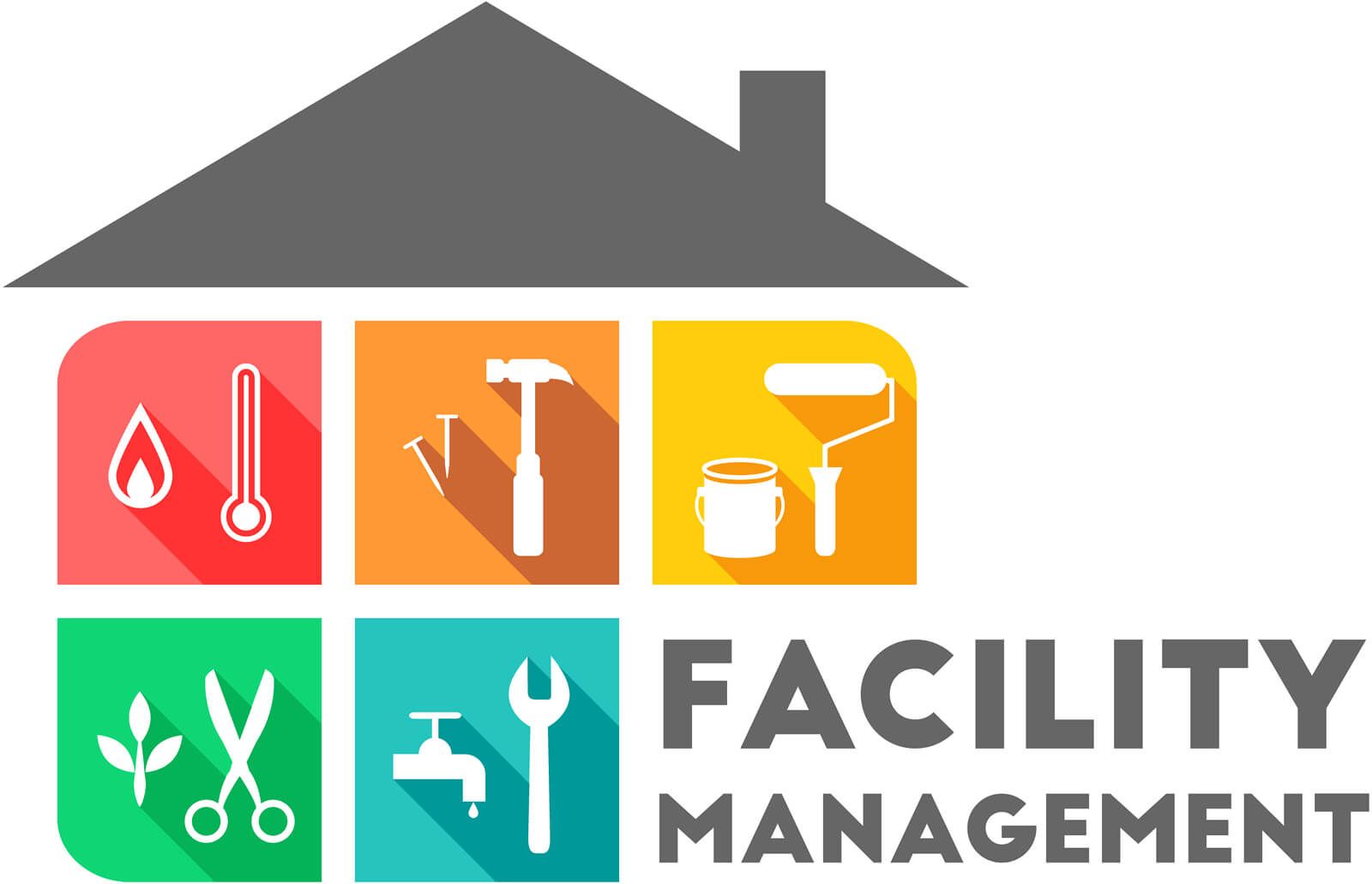How Total Facility Management Boosts Upkeep and Workflow
Total Facility Management (TFM) represents a transformative change in just how companies approach upkeep and procedures. By leveraging data-driven methods and integrated technology, TFM not just expects and reduces potential concerns however also maximizes source allotment and enhances performance. The ramifications of adopting such a comprehensive structure prolong past mere effectiveness; they discuss sustainability and lasting property conservation. As we check out the diverse advantages of TFM, one may ask yourself how these techniques can be tailored to address one-of-a-kind operational obstacles.
Enhanced Upkeep Approaches
Improved Upkeep Strategies are vital for maximizing the performance and durability of facilitiess. These methods encompass an organized approach to maintenance that highlights aggressive measures, predictive analytics, and condition-based tracking. By applying such techniques, organizations can properly reduce unplanned downtimes and reduce functional disturbances.
One critical component of improved maintenance is the usage of data-driven decision-making devices. These devices permit facility managers to analyze historic efficiency information, determine patterns, and forecast possible failures prior to they happen. This anticipating upkeep strategy not only extends the life cycle of equipment but likewise improves security and compliance requirements.
Empowering and training maintenance personnel are equally important in performing enhanced strategies (Total Facility Management). Well-trained staff can carry out regular examinations and address small problems before they intensify. Additionally, adopting a comprehensive property management system assists in monitoring of devices status, upkeep background, and scheduling of safety nets
Streamlined Operational Workflows
Optimizing functional process is important for the overall efficiency of facility management. By implementing streamlined procedures, companies can decrease redundancies, minimize hold-ups, and improve productivity. A well-structured functional process allows facility managers to allocate sources efficiently, ensuring that jobs are finished in a timely way.
Using facilitiess management software application can automate routine jobs such as job order management, stock monitoring, and organizing. Clear communication networks amongst group members foster partnership and liability, further improving functional performance.
Standardizing procedures is one more critical component. Establishing finest techniques helps guarantee that all employee are straightened in their approach, decreasing the probability of mistakes and boosting solution delivery. Regular training and updates on workflow processes also play a crucial duty in maintaining consistency and performance.
Eventually, structured functional operations add to a more responsive facility management system, permitting companies to concentrate on calculated campaigns as opposed to being stalled by management worries. By focusing on performance, facility managers can substantially improve the general performance of their operations.
Proactive Issue Resolution

Normal inspections and monitoring systems play a vital duty in this process, allowing facility supervisors to gather data and expect possible failures. Additionally, promoting open interaction networks among team members motivates the early coverage of concerns, additionally assisting in punctual resolutions.
Implementing an extensive facility management software program can simplify the tracking of maintenance activities and problem reporting, supplying beneficial understandings right into recurring problems and their source. This data-driven technique enables educated decision-making and prioritization of sources.
Inevitably, aggressive concern resolution not just maintains the honesty of facility operations however likewise improves worker fulfillment and security. By purchasing methods that focus on prevention, organizations can create a more resilient and efficient functional atmosphere, setting site a solid structure for future development and success.
Price Effectiveness and Resource Management
Exactly how can organizations attain a balance between price effectiveness and effective source management in facility operations? The integration of total facility management (TFM) offers a strategic structure that improves economic performance while optimizing source allotment. By settling services, organizations can streamline operations, decrease redundancies, and take advantage of economic climates of range.
Effective resource management starts with a thorough assessment of existing properties and functional procedures. Using information analytics, organizations can identify underutilized resources and address inadequacies. This educated method makes it possible for the execution of targeted upkeep timetables, thus lengthening asset life and decreasing unplanned downtime.

Training and development of facility management workers additionally improve cost efficiency by equipping them with the abilities required to handle resources judiciously. Inevitably, by taking on an alternative method to facility management, organizations can attain significant cost savings while making sure that functional effectiveness remains a leading concern.
Sustainability and Environmental Effect
The integration of total facility management (TFM) not only boosts cost performance however likewise plays a pivotal function in promoting sustainability useful content and minimizing ecological effect. By embracing an all natural approach to facility operations, TFM facilitates the execution of sustainable techniques that decrease resource intake and waste generation.
One of the vital elements of TFM is the optimization of power use. This includes the adoption of energy-efficient modern technologies, routine upkeep of HVAC systems, and the use of smart structure management systems. These procedures not just reduced utility expenses yet likewise dramatically decrease greenhouse gas exhausts.
Furthermore, TFM advertises making use of sustainable materials in facility upkeep and improvement projects. By focusing on eco-friendly products and techniques, facilitiess can minimize their total environmental footprint while fostering much healthier interior environments.

Verdict
In final thought, Total Facility Management considerably boosts maintenance and procedures with organized strategies that emphasize anticipating analytics and condition-based monitoring. TFM promotes lasting practices, inevitably leading to enhanced facility management results and a society of continuous enhancement within companies.
Total Facility Management (TFM) represents a transformative shift in how companies approach maintenance and procedures. Making use of facilitiess management software can automate routine jobs such as work order management, inventory monitoring, and scheduling.How can companies accomplish an equilibrium between expense performance and effective resource management in facility operations? The combination of total facility management (TFM) offers a critical framework that enhances monetary efficiency while maximizing resource allocation.In final thought, Total Facility Management considerably boosts maintenance and operations with methodical approaches that highlight anticipating analytics and condition-based monitoring.